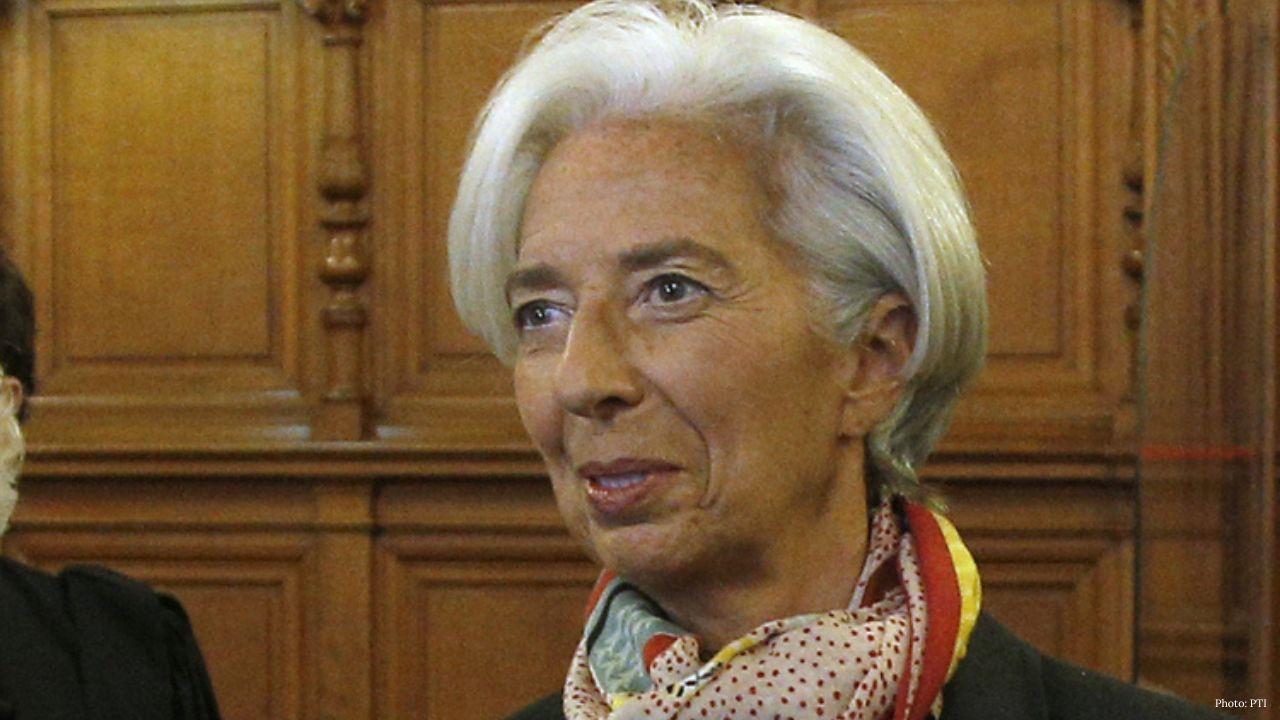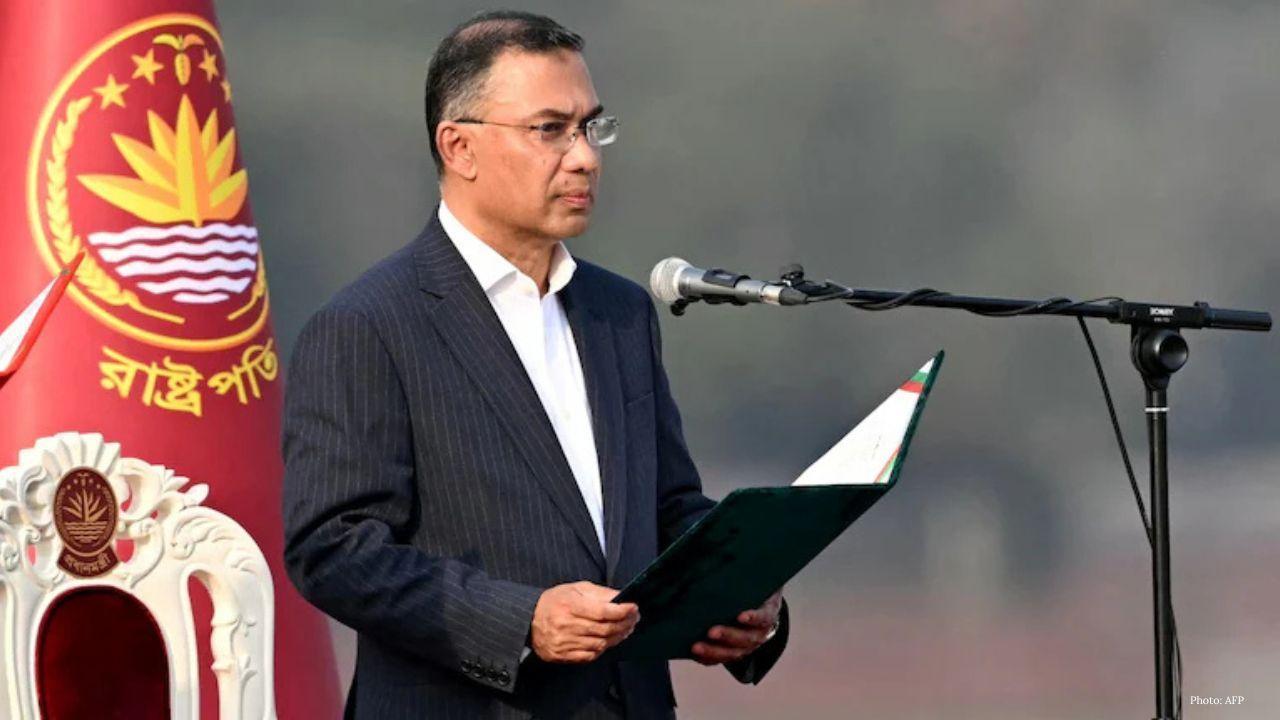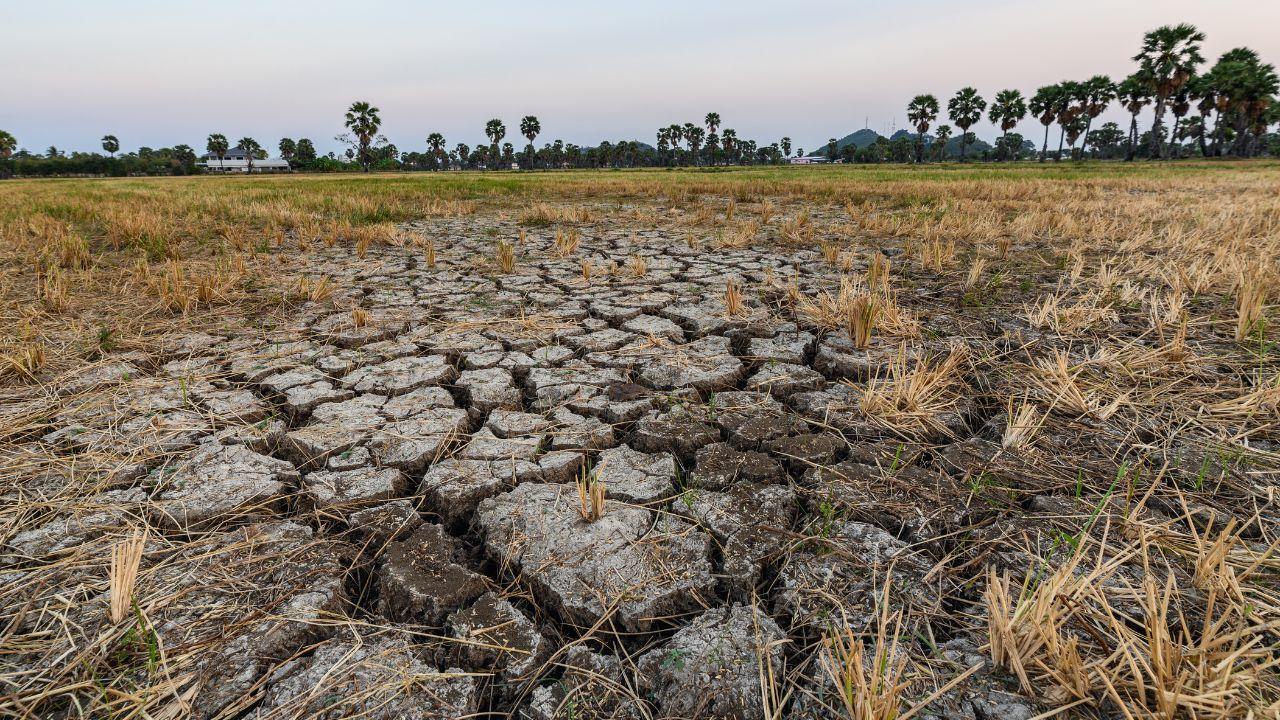You have not yet added any article to your bookmarks!

Join 10k+ people to get notified about new posts, news and tips.
Do not worry we don't spam!

Post by : Anis Farhan
The Philippines is heading into a crucial political season as it prepares for the 2025 midterm elections, scheduled for May 12, 2025. The vote will determine the composition of the House of Representatives, 12 Senate seats, and thousands of local government positions. Yet, beyond the familiar campaign posters and rallies, this year’s election carries a weighty subtext—the growing influence of digital disinformation and artificial intelligence in shaping public opinion.
With over 83 million registered voters, nearly 75% of whom are active internet users, the Philippines has become a fertile ground for algorithm-driven political warfare. From fake endorsements to AI-generated deepfakes, electoral integrity faces new-age threats that no traditional voter education program seems fully prepared to address.
In the run-up to the election, political analysts have already observed a sharp rise in coordinated inauthentic behavior across Facebook, TikTok, and YouTube. Fake news articles, impersonated news anchors, and manipulated video clips are being circulated to influence voter sentiment and damage the reputations of rival candidates.
A recent investigation by the Center for Media and Democracy in Asia found that several regional candidates are relying on AI-generated influencers to propagate campaign messaging and seed public discourse with favorable narratives. These digital avatars often appear as local youth or community leaders, creating the illusion of grassroots support.
The Commission on Elections (COMELEC) has responded by establishing a Cybersecurity & Disinformation Task Force, but critics argue it lacks the enforcement teeth needed to take down harmful content in real time. The challenge lies in platform accountability—while tech giants promise cooperation, many disinformation campaigns originate from covert domestic networks using burner accounts and encrypted messaging apps.
Beyond misinformation, the advent of AI in political campaigning has blurred ethical lines. From automated sentiment analysis to behavioral microtargeting, candidates now employ tools once reserved for corporations. Campaigns are deploying AI chatbots that engage voters in dialect-specific conversations, offering “personalized” pledges and community-specific promises—without any real human interaction.
Election watchdogs worry this could breed a false sense of intimacy and representation, particularly in under-informed voter blocs. The danger, they warn, is not just deception, but digital manipulation of electoral choices.
The Philippine Center for Investigative Journalism (PCIJ) has called for a code of ethics around AI in political communication. While no legislation currently bans AI campaigning, there is mounting pressure on lawmakers to at least mandate transparency regarding AI-generated content in political ads.
COMELEC has ramped up efforts to strengthen electoral infrastructure. Biometric verification systems will be upgraded at polling centers in Luzon and Visayas, with end-to-end encryption for voter data management. The agency is also piloting mobile voting applications for overseas Filipinos, beginning with beta tests in Dubai and Hong Kong.
Still, questions remain over the preparedness of precinct-level staff to handle hybrid threats—cyberattacks, false flag disruptions, and mass misinformation on election day. The 2022 presidential elections were already marred by multiple misinformation waves, and there is concern that more sophisticated attempts are coming.
In an unprecedented move, COMELEC has invited international cybersecurity observers from Estonia, South Korea, and the European Union to audit its digital infrastructure and issue public advisories on system resilience.
The stakes are particularly high for the country’s youth vote. Filipinos aged 18 to 35 now constitute over 40% of the electorate, and their political inclinations are heavily shaped by digital platforms. In urban areas like Metro Manila and Cebu, civic groups have launched campaigns promoting “digital literacy for democracy,” holding fact-checking workshops and influencer-led discussions on how to spot manipulated content.
But in rural areas, where internet access is patchy and educational resources are limited, the risk of disinformation-driven voting remains acute. This demographic divide could lead to electoral outcomes skewed by information inequality rather than democratic consensus.
The 2025 midterm elections in the Philippines are shaping up to be a referendum on digital democracy as much as a test of political parties. With no clear consensus on regulating AI and disinformation in politics, the country is navigating uncharted territory—where technology offers both empowerment and exploitation.
As the campaign season unfolds, much will depend on how institutions, media, and civil society rise to the moment. One thing is clear: the fight for the Filipino vote will not just be fought on the streets, but on screens, servers, and smartphones across the archipelago.
This article is intended for informational purposes only and does not constitute political advice or official commentary. Readers should consult COMELEC and certified election observers for accurate, up-to-date information.










Christine Lagarde May Step Down Early as ECB President Report
FT says early exit could allow Emmanuel Macron to influence successor before 2027 French election

Inside the Small Circle Shaping the Future of Artificial Intelligence
A handful of scientists shared mentors and elite universities lie behind the world’s most powerful A

Massive Sinkhole Expands in Indonesia Swallows Farmland in Aceh
A growing sinkhole in Central Aceh has destroyed farms and roads raising safety concerns as it moves

Gold Breaks Historic Barrier: Prices Surge Past $5,000 an Ounce
Gold prices hit an unprecedented milestone in early 2026, climbing above $5,000 per ounce — a psycho

Zimbabwe’s Stunning Victory Over Australia: A T20 World Cup 2026 Shock That Shifted the Narrative
Zimbabwe produced a sensational performance to defeat Australia by 23 runs in the ICC Men’s T20 Worl

Taylor Swift Moves to Block ‘Swift Home’ Trademark in U.S. Legal Challenge
Global pop icon Taylor Swift has petitioned the U.S. Patent and Trademark Office to deny a trademark